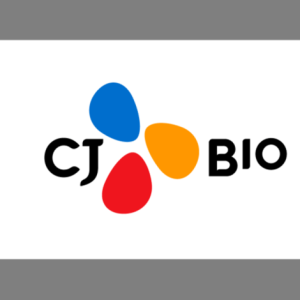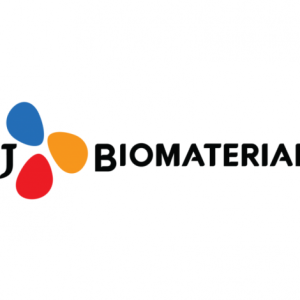
CJ Biomaterials, a division of South Korea-based CJ CheilJedang and leading producer of polyhydroxyalkanoate (PHA), announced today that it has partnered with the South Korea Ministry of Science and ICT (MSIT) and the Korea Innovation Foundation (INNOPOLIS) to actively promote the eco-friendly materials industry, including PHA technology. CJ Biomaterials’ PHA product, known as PHACT™, is a 100% bio-based polyester produced by fermentation. It is an eco-friendly material that will help address the challenge of plastic waste, which is capable of all modes of biodegradability and compostability, including marine, soil, home and industrial.
CJ Biomaterials will participate in the Bioplastic Future Tech Forum for Special R&D Zone hosted by the MSIT and INNOPOLIS. This is an industry-university research consultative body based in South Korea that welcomes participation from domestic and foreign companies. Organizations involved in the Foundation work together to accelerate the development of low carbon, bio-based materials like PHACT through expanded research and development and product demonstration. The inauguration ceremony for the Foundation was held in Seoul, South Korea on November 29. Representatives from CJ Biomaterials and other Korean-based companies including SKC, HDC Hyundai EP, and BGF Eco-Bio were in attendance. Global organizations were also present, including PLA manufacturer TotalEnergies Corbion and our collaboration partner NatureWorks.
Before the launch of this consultancy organization, it was difficult to verify the compostability of biodegradable materials, due to the need for separate plastic discharge and recycling systems. CJ Biomaterials and other organizations working with the Foundation can now test their bio-based materials in food waste treatment facilities, check how effectively they are composting, and receive certification from the Foundation, based on the results. Through the affiliation with the MSIT, participants can also experiment with the methane gas that is generated when their eco-friendly materials decompose, possibly creating a value chain by collecting waste from restaurants, coffee shops, and movie theaters, processing it into methane gas, and selling the gas to facilities that need it. In this program, the gas will be used by a dormitory at Incheon University. Based on the data that will be obtained through various R&D and verification processes, the Foundation may also recommend related system improvements and policy proposals to accelerate the adoption and use of eco-friendly materials.
“This year, we are working with global companies such as NatureWorks, Yuhan-Kimberly, the Accor hotel chain, and makeup brand ‘BANILACO’ to expand the adoption of eco-friendly materials,” says Seung-Jin Lee, Head of the Biomaterials Business for CJ CheilJedang. “Through this partnership with the Ministry of Science and ICT and our participation in the Korea Innovation Foundation, we will work to expand the range of eco-friendly materials used in daily life by continuing to collaborate with our industry partners and developing a variety of products that can satisfy consumer demand for more eco-friendly products.”
Earlier this year, CJ Biomaterials announced commercial-scale production of PHA following the inauguration of its production facility in Pasuruan, Indonesia. Today, CJ Biomaterials is the only company in the world producing amorphous PHA (aPHA), including the first product under its new PHACT brand, named PHACT A1000P. Amorphous PHA is a softer, more rubbery version of PHA that offers fundamentally different performance characteristics than crystalline or semi-crystalline forms of PHA. It is TUV certified marine and soil biodegradable and home and industrial compostable. Modifying polymers and other biopolymers, such as polylactic acid (PLA) with amorphous PHA leads to improvements in mechanical properties, such as toughness, and ductility, while maintaining clarity. Last month, CJ Biomaterials announced that it had signed a Master Collaboration Agreement (MCA) with NatureWorks that calls for the two organizations to work together to develop sustainable materials solutions based on CJ Biomaterials’ PHACT Biodegradable Polymers and NatureWorks Ingeo™ biopolymers. The two companies will develop high-performance biopolymer solutions that will replace fossil-fuel based plastics in applications ranging from compostable food packaging and food serviceware to personal care, films, and other end products.
For more information, visit https://www.cjbio.net/en/products/cjPha.do.











